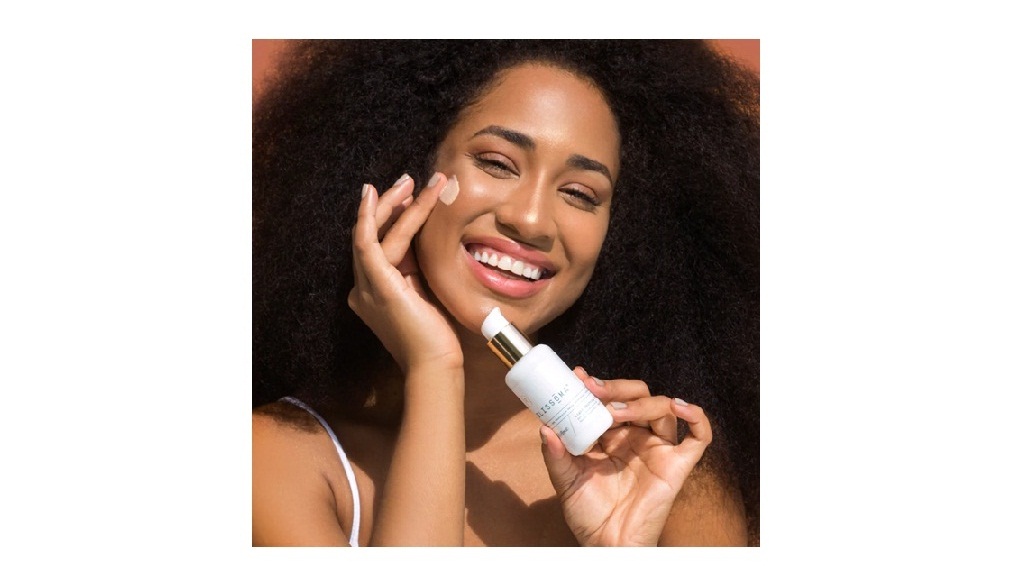The sunny season is around the corner. That means that our skincare routine has to be adapted to prevent the sun from wrecking our skin or causing any cumulative long-term damage.
However, promenading through the skincare section of our local store usually means standing there for hours trying to get the right product for your skin type and particularities. As you read their descriptions, you´re inundated by reams of active ingredients, SPF and water-resistance ratings, textures, scents, and special features that make each of them unique. Moreover, many of them claim to offer natural sunblock properties, but the ingredients all seem to indicate otherwise with all these unpronounceable chemical compounds listed on the back.
Chemical and Physical Suncare Products
First, we have to understand the difference between chemical and physical sunscreens.
Chemical sunscreens depend on chemical reactions to transform the sunlight into other types of energy that are less harmful to your skin. Typically, chemical sunscreens absorb the sunlight and dissipate or give it off as heat. It basically changes the nature of the ultraviolet and red wavelengths and re-emits it back to the environment.
The problem with chemical sunscreens is that each photon they absorb changes their composition a little bit. There comes a point where your chemical sunscreen is depleted and can no longer do its job. That’s why you must reapply these several times during the day.
Some people find that the chemical sunscreens cause irritation, while others claim that some of their ingredients might act as endocrine disruptors. But there are natural sunscreen products made with completely organic ingredients that depend on this chemical reaction to protect our skins.
On the other hand, we have physical sunscreens, or sun blockers as they used to be called, that physically reflect the light of the sun preventing it from reaching the skin. These suncare products use minerals like zinc and titanium compounds to scatter the sunlight that reaches your skin. The UV waves hit the millions of zinc or titanium particles on your skin and bounce off back into space so the light does not enter your skin. This can be thought of as putting billions of tiny little mirrors on your skin.
Physical sunscreens do not wear out in the same sense chemical suncare products do. However, they do need to be reapplied as they fall off because of sweating, rubbing against your clothing, or jumping into a pool. For those worried about the health of our seas, there are plenty of reef-safe natural sunblock options.
Does natural sunblock cause acne?
As wearing suncare products has become an important part of our everyday routine, some consumers are worried about sunscreen causing acne problems. While most sunscreens today claim to be non-comedogenic, some of the ingredients might contribute to the formation of acne. For example, some popular brands use various red dyes in their formulas that are shown to not cause acne. However, when these dyes are combined with certain oils, usually found in foundations and other skincare or beauty products, they carry the pigments inside the pores and might cause acne. So it is extremely important to understand how your skincare products work together.
The best source of skincare products and natural sunblock options made of natural and environmentally friendly ingredients online is Beauty Heroes. The brand’s unique selling point is to offer beauty lovers a curated list of natural products that comply with their strict ethical ingredient sourcing, sustainability, and cruelty-free testing standards. Visit their suncare section or contact their extremely knowledgeable staff to help you find the best natural sunblock option for your skin.
For more information about 5yina and Sahajan Skincare Please visit: Beauty Heroes.
Hi, I am Adam Smith, Admin Of TechSketcher, Creative blogger and Digital Marketer.
